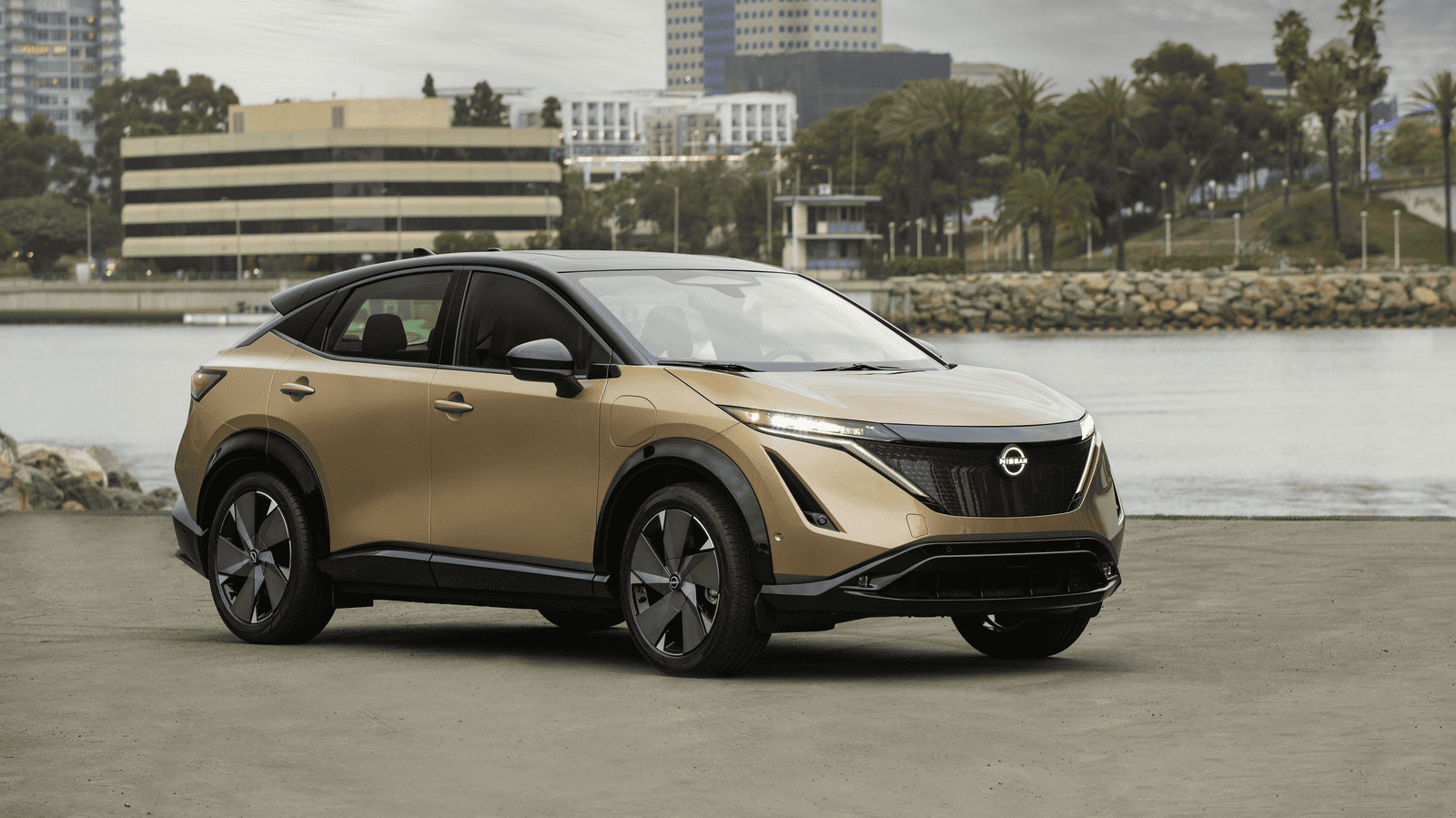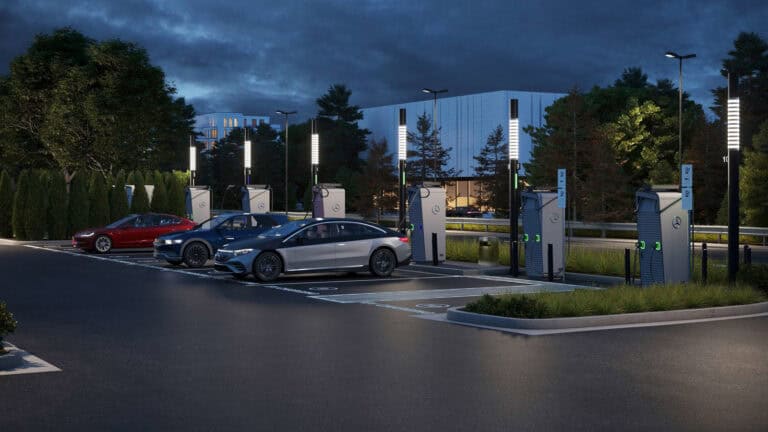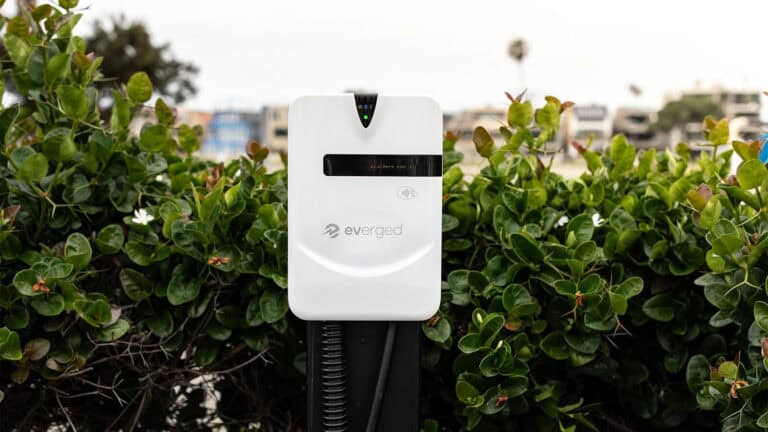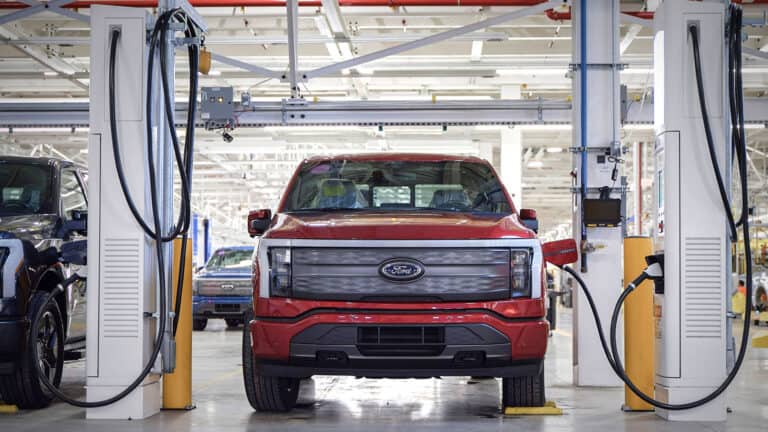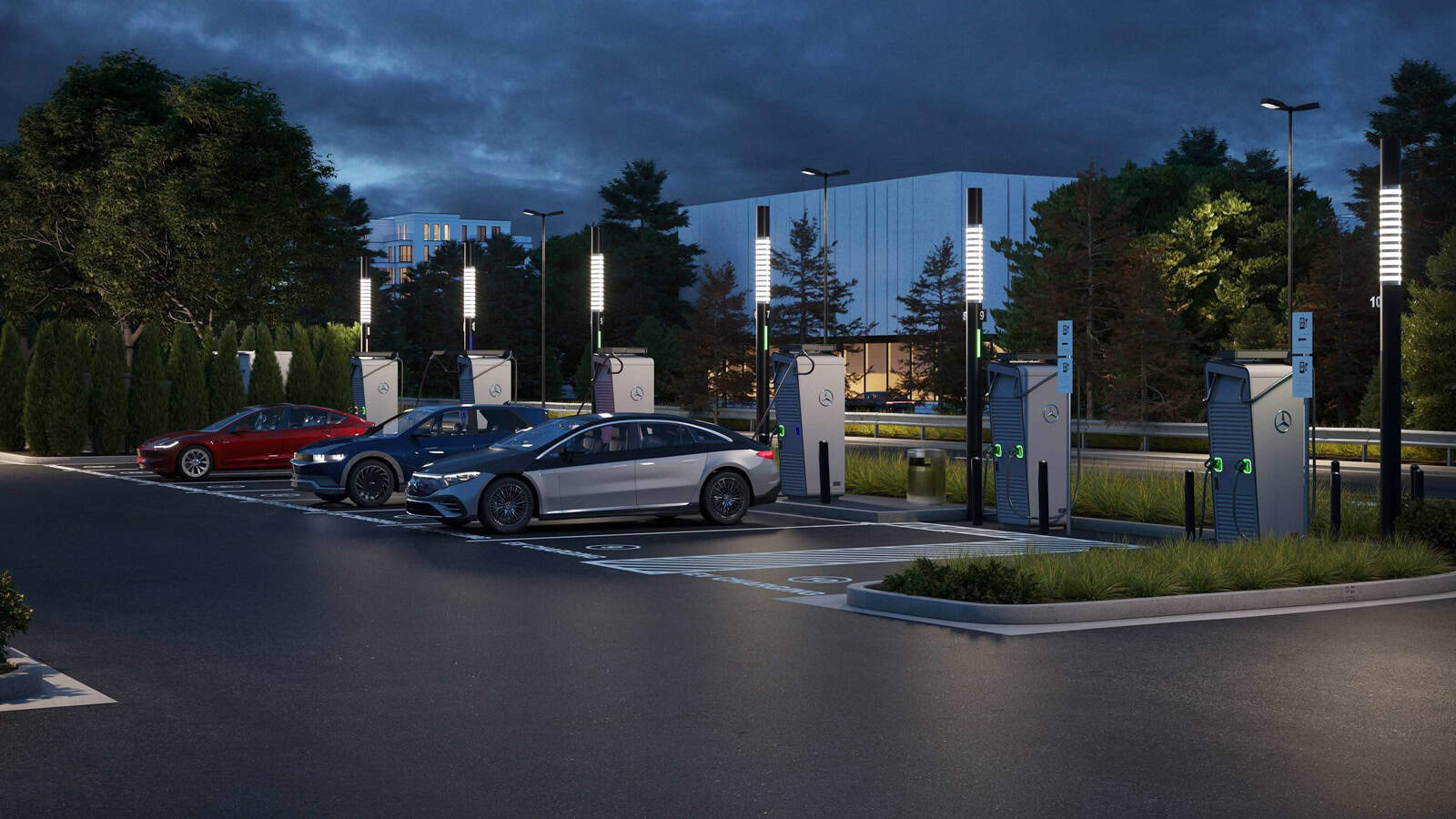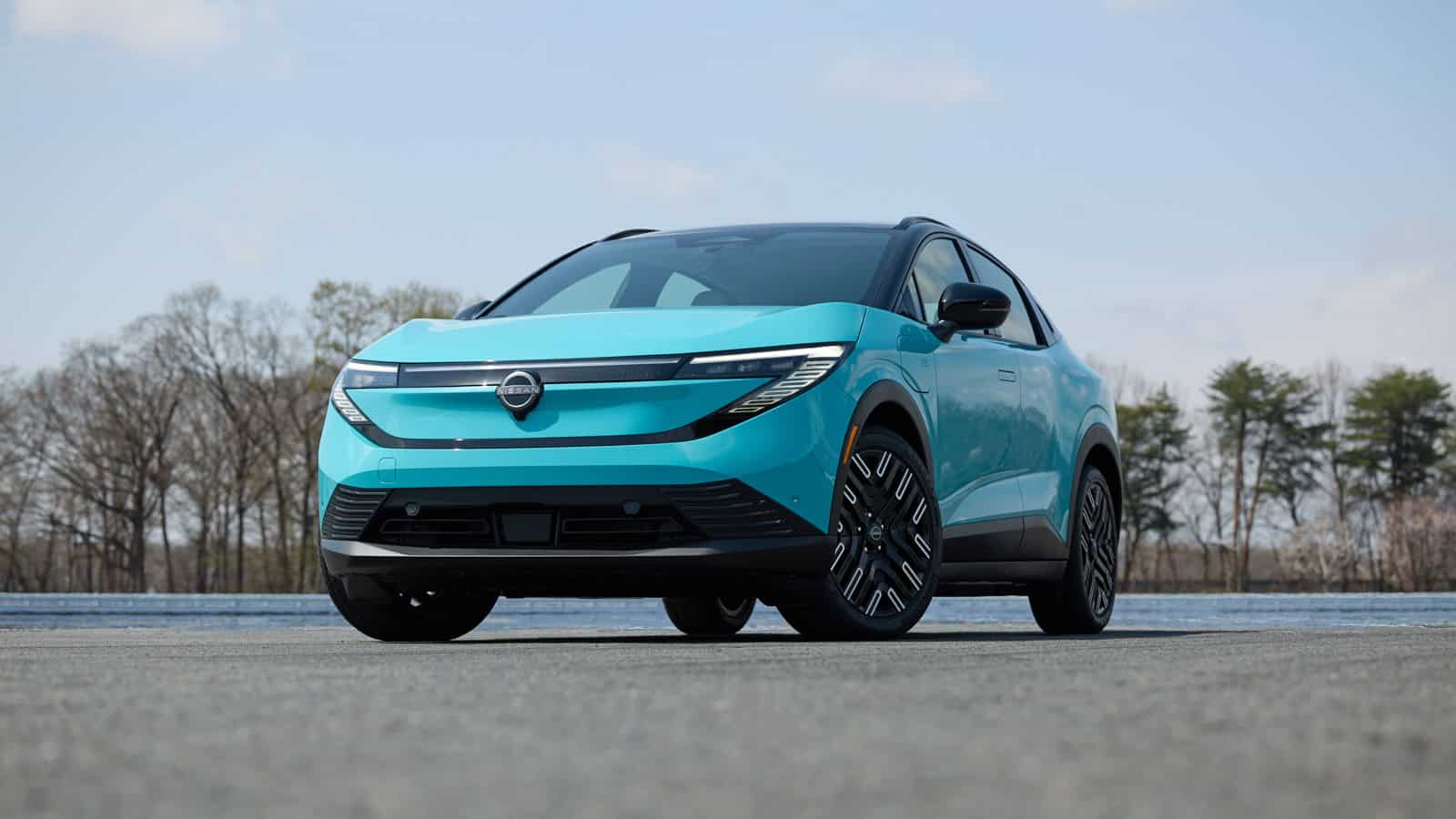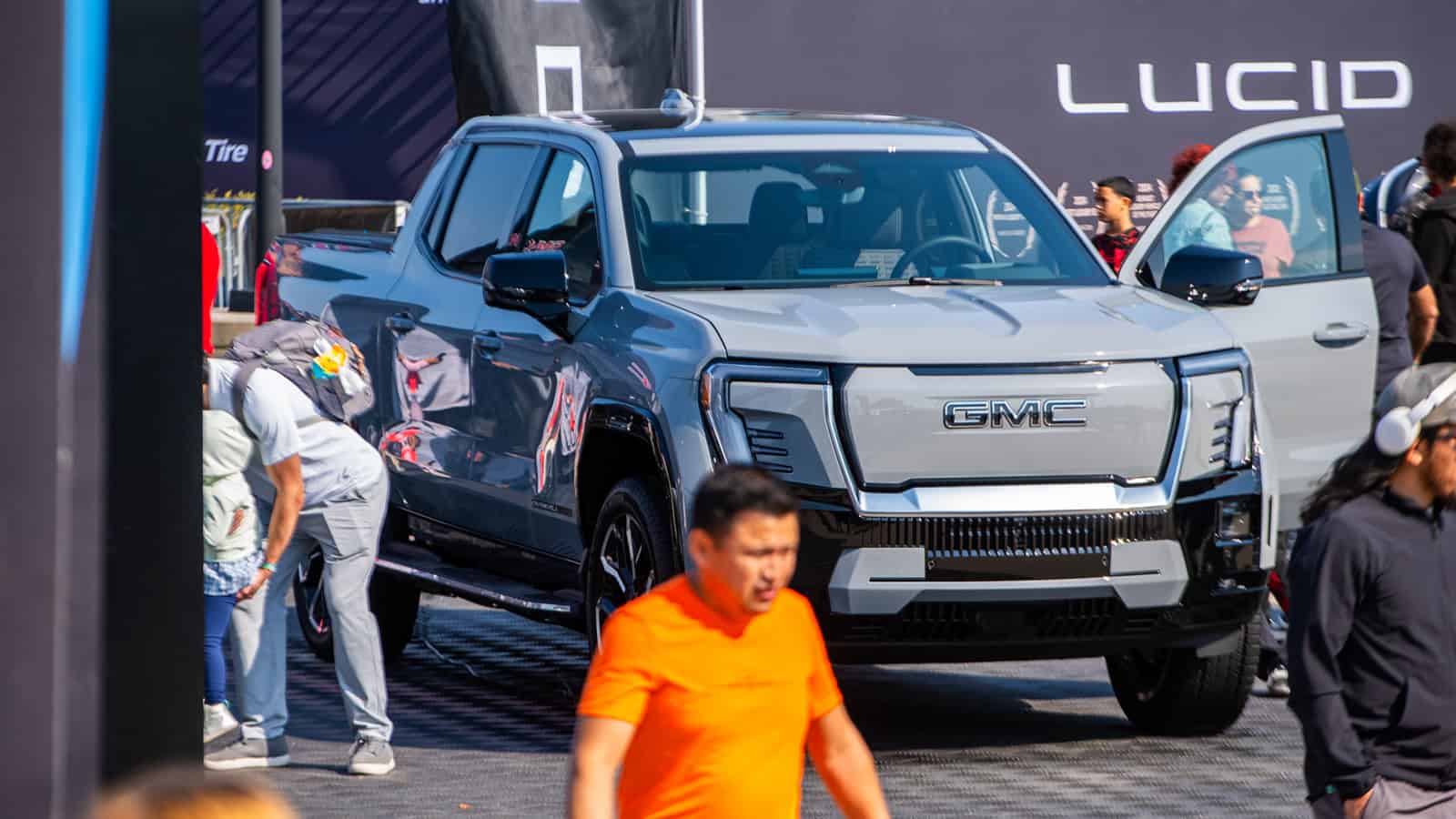- Nissan becomes the first Japanese automaker to adopt Tesla’s North American Charging Standard (NACS), expanding EV charging options.
- In 2024, Nissan introduces a NACS adapter for Ariya models, connecting them to NACS plugs. By 2025, Nissan EVs in the U.S. and Canada will have NACS ports, enabling access to Tesla’s Supercharger network.
- Nissan aims for over 40% of U.S. vehicle sales to be fully electric by 2030, with two new EV models featuring NACS connectors launching in late 2025.
In an exciting development for electric vehicle (EV) owners, Nissan has recently announced its agreement to adopt the North American Charging Standard (NACS), partnering with Tesla to provide even more charging options for Nissan EV drivers in the United States and Canada. This move marks the first Japanese automaker to support the NACS, demonstrating their commitment to expanding charging infrastructure and making EVs more accessible.
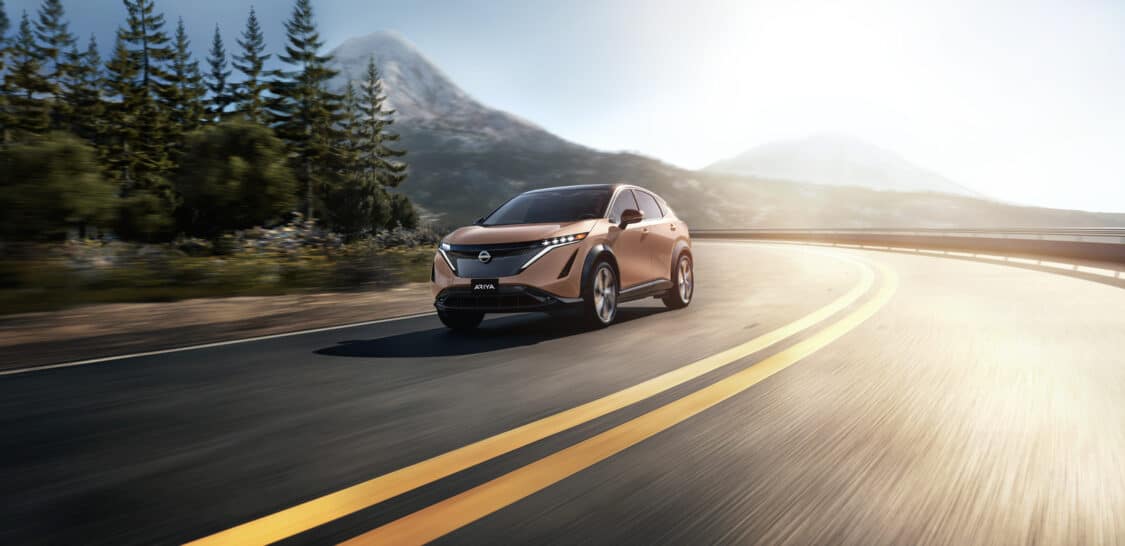
With the adoption of NACS, Nissan aims to offer greater convenience and flexibility to its customers. Starting in 2024, Nissan will introduce a NACS charging adapter for their Ariya models, which currently utilize the Combined Charging System 1 (CCS1) for DC fast charging. This adapter will enable Nissan EV drivers to easily connect their vehicles to NACS plugs at compatible chargers, significantly expanding their charging options.
ADVERTISEMENT
Expanding Fast-Charging Network: Nissan’s Ambition 2030 Drives EV Accessibility and Convenience
However, the real game-changer lies in Nissan’s plans for 2025. By then, Nissan will equip its EVs for the U.S. and Canadian markets with a NACS port, allowing their drivers to seamlessly access the Tesla Supercharger network. This integration will considerably increase the number of public fast-charging locations available for Nissan EVs, granting drivers more freedom and peace of mind when planning long-distance journeys.
Jérémie Papin, chairperson of Nissan Americas, expressed the significance of this milestone, stating, “Adopting the NACS standard underlines Nissan’s commitment to making electric mobility even more accessible as we follow our Ambition 2030 long-term vision of greater electrification.” This move reflects Nissan’s dedication to its long-term goals and showcases their enthusiasm for providing thousands of additional fast-charging stations for their valued customers.
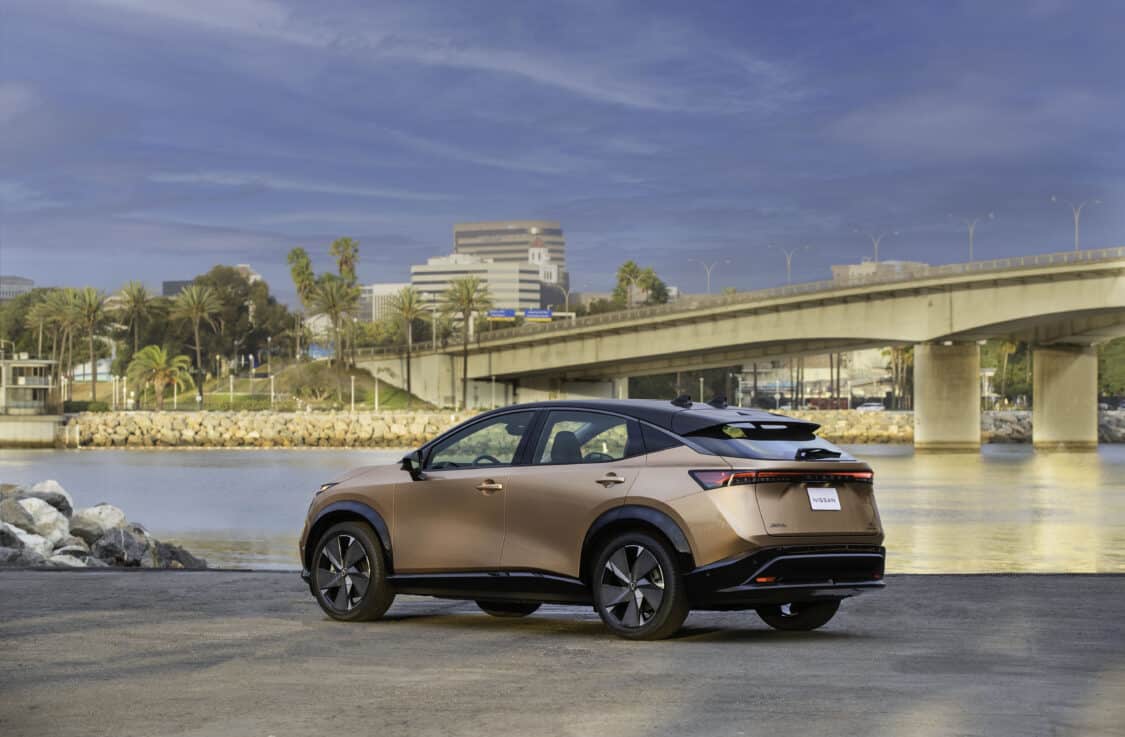
Nissan Embraces NACS: Paving the Way for Unified EV Charging Standards
Nissan’s decision to embrace the NACS is not only a testament to their commitment to advancing electric mobility but also an indication of the growing acceptance and popularity of Tesla’s charging connector in the North American market. Several major automakers, including Ford, GM, Volvo, and Mercedes-Benz, have already embraced the NACS, recognizing its benefits and widespread use.
For Nissan, this transition to NACS compatibility holds particular significance. As a trailblazer in the EV industry, with the introduction of the Nissan Leaf back in 2010, Nissan has been instrumental in driving the electric vehicle revolution. Currently, Nissan employs two different port standards across its models, with CHAdeMO utilized in the Leaf and CCS1 in the Ariya. By offering a CCS-to-NACS adapter for current owners next year, Nissan ensures that their Ariya customers can access Tesla’s reliable and extensive Supercharger network.
ADVERTISEMENT
Shifting Tides: Nissan Embraces NACS as the Future of EV Charging
Furthermore, Nissan has announced plans to produce two new EV models in late 2025 at their plant in Canton, Mississippi. These upcoming models will feature the NACS connectors, further solidifying Nissan’s commitment to electric mobility and expanding their EV lineup.
NACS has been gaining traction not only among automakers but also within public charging networks like Electrify America, EVgo, and ChargePoint. Its endorsement by the Society of Automotive Engineers as a standard accessible to all companies demonstrates its versatility and widespread acceptance.
Nissan’s adoption of the NACS aligns with the Biden administration‘s efforts to boost EV adoption and develop a robust charging infrastructure. Previously, the administration aimed to establish the Combined Charging System (CCS) as the dominant U.S. charging standard. However, with the growing acceptance of NACS among leading automakers, including Nissan, Ford, and General Motors, the tide is shifting in favor of Tesla’s charging standard.
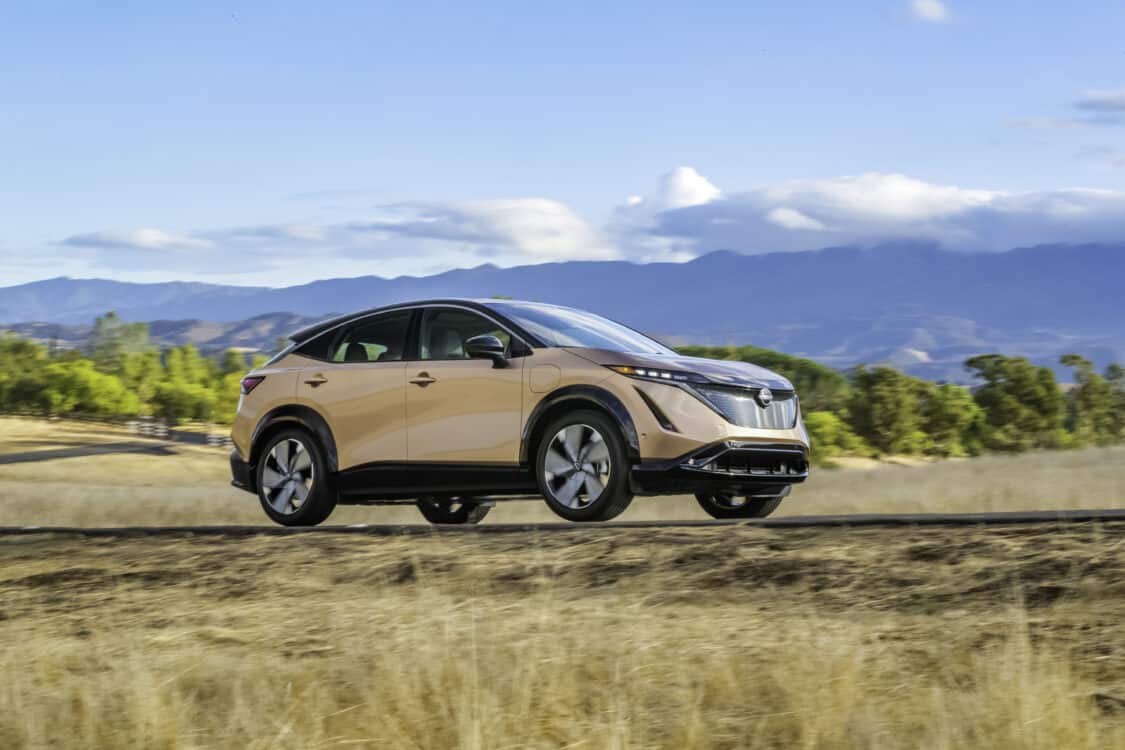
Driving Towards a Charged Future: Nissan’s Partnership with Tesla Sparks a New Era of Convenience and Accessibility
The collaboration between Nissan and Tesla serves as a testament to the broader industry’s recognition of Tesla’s Supercharger network’s reliability and convenience. Tesla’s Superchargers currently account for approximately 60% of the total number of fast chargers in the United States, highlighting their prominence in the charging landscape.
As the EV market continues to grow rapidly, with projected annual sales surpassing 1 million vehicles for the first time this year, it is crucial to enhance charging accessibility and convenience. Nissan’s adoption of the NACS positions them at the forefront of this endeavor, ensuring that their customers have an ever-expanding network of fast-charging options at their disposal.
ADVERTISEMENT
Nissan’s decision to adopt the North American Charging Standard represents a significant step forward in advancing electric mobility and enhancing the charging experience for Nissan EV drivers. By partnering with Tesla and joining other leading automakers in embracing the NACS, Nissan is demonstrating their commitment to accessibility and convenience in EV charging. With more fast chargers and seamless access to Tesla’s Supercharger network, Nissan EV drivers can embark on long-distance journeys with confidence, contributing to the broader transition to sustainable transportation.
Stay tuned for further updates on the rollout of Nissan’s NACS compatibility, as they continue to innovate and expand their electric vehicle offerings, solidifying their position as a key player in the rapidly evolving EV landscape.

IMAGES: NISSAN
FTC: We use income-earning auto affiliate links. Learn more.


